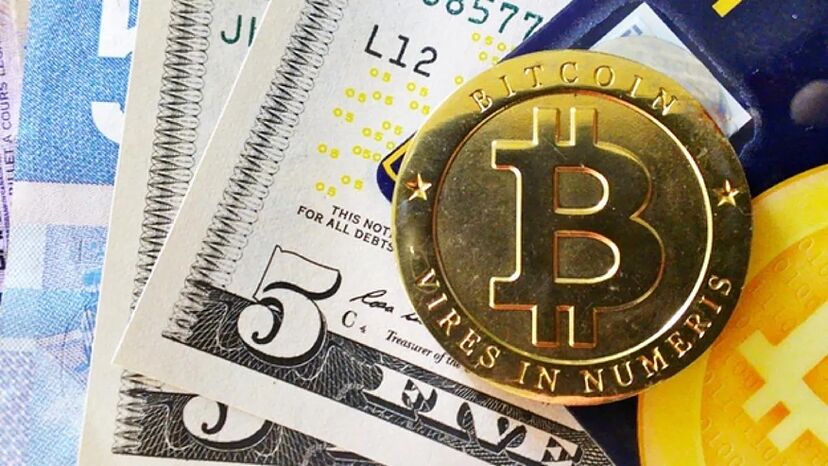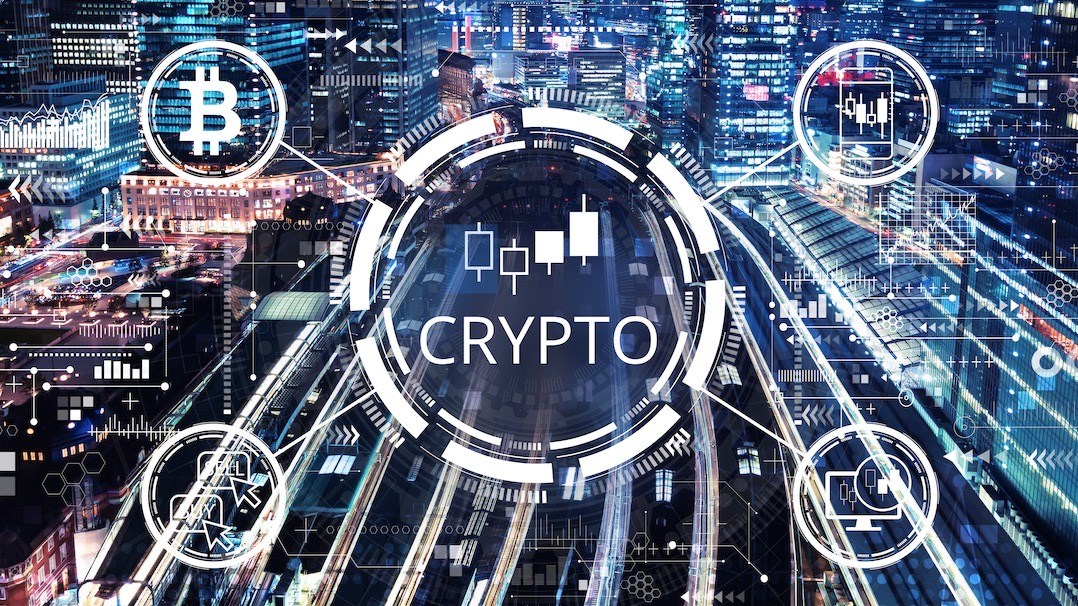What’s Driving the Search for Digital Profit in Myanmar’s Shifting Economy

Inflation, job scarcity, and uneven access to banking have pushed many to rethink how they earn and save. Across Facebook pages, mobile apps, and encrypted chat groups, a quiet search for new income streams is unfolding. Some of these conversations lead to side hustles, others to global markets and a growing share now touch on crypto trading in Myanmar.
For many, this exploration begins with necessity rather than ambition. A shop owner facing rising import costs might look online for opportunities to stabilise income. A university graduate with limited job prospects might study digital finance instead of waiting for traditional employment. These stories repeat across cities and small towns, reflecting a population trying to adapt in real time. The path toward digital profit may seem uncertain, yet the desire to find stability in unfamiliar spaces keeps it alive.
Internet access plays an important role in this shift. Smartphones have become both lifelines and classrooms. Through them, young people watch tutorials, join communities, and experiment with online investments. What once required a physical trading office can now happen from a modest home. The accessibility lowers barriers but also blurs boundaries the same phone used for messaging family abroad might host a trading app running through the night.
The early excitement around crypto trading in Myanmar often collides with reality. Price swings are sharp, and misinformation spreads quickly. Many new traders lose small amounts before they learn how to manage risk. Still, these experiences don’t always discourage them. Losses become part of an informal education system built on trial and discussion. In a country where financial literacy remains low, that process however rough still represents progress.
Cultural factors shape this evolution too. Myanmar’s people value patience and observation, traits that fit well with the slower pace of learning markets. Traders tend to start cautiously, often sharing insights in private group chats before taking bigger steps. The result is a growing network of micro-investors who study, adapt, and support one another. They rarely chase fast wealth; they aim for small, steady gains that might improve daily life.
At the same time, digital influence is spreading fast. Young professionals follow regional investors on YouTube, where discussions about market trends, blockchain, and payment systems unfold in multiple languages. Seeing others succeed across borders reinforces the idea that participation is possible. For some, this represents not only financial opportunity but also connection a way to belong to something larger than the local economy.
Government oversight remains limited but watchful. Officials acknowledge the risks of speculation and fraud, warning citizens about unlicensed exchanges. Yet there’s also recognition that the digital economy could become part of Myanmar’s future. Talk of blockchain applications in logistics, agriculture, and remittance systems hints at slow but steady institutional awareness. While the rules remain unclear, interest from both citizens and policymakers keeps momentum alive.
Economic uncertainty continues to act as both pressure and motivation. Traditional savings lose value quickly during inflation, while access to foreign currency stays restricted. For many, digital assets appear to offer flexibility not necessarily security, but options. That perception alone fuels participation. Even small trades create a feeling of agency, a sense that individuals can navigate forces larger than themselves.
Within Myanmar’s shifting economy, the search for digital income isn’t just about technology or speculation. It reflects the human instinct to adapt to look for hope when familiar paths grow narrow. Whether successful or not, the spread of crypto trading in Myanmar signals that people are ready to experiment, to take small risks, and to imagine futures that extend far beyond local borders.
What's Your Reaction?
















